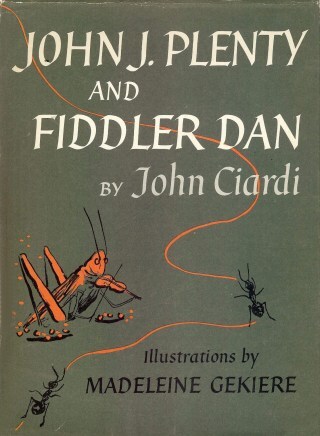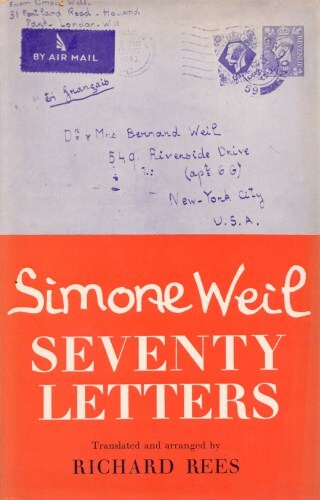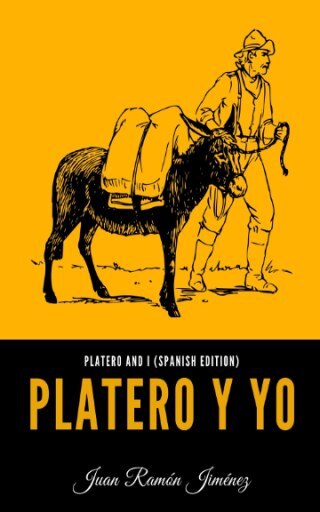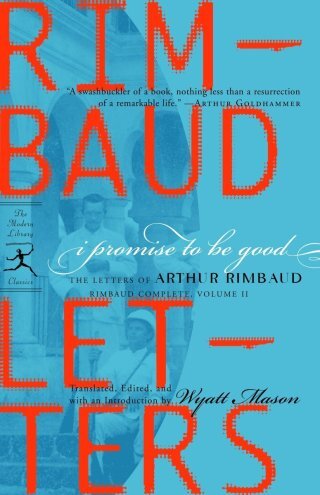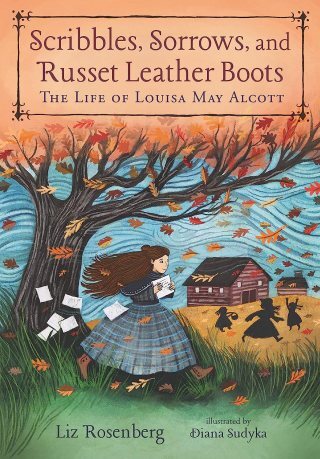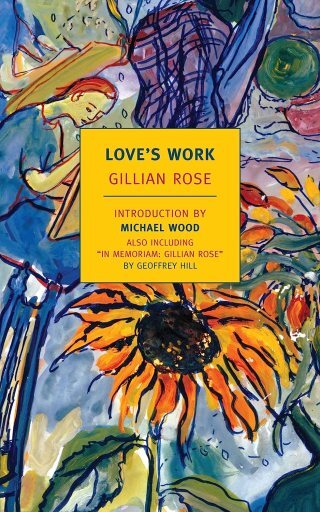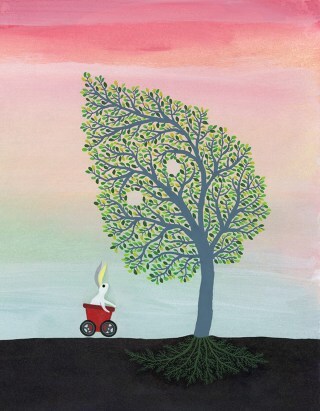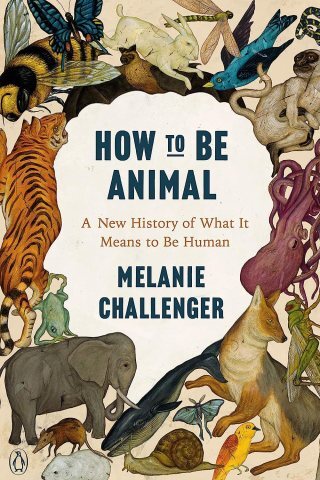Maria Popova's Blog, page 38
July 29, 2023
The Ant, the Grasshopper, and the Antidote to the Cult of More: A Lovely Vintage Illustrated Poem About the Meaning and Measure of Enough
“Enough is so vast a sweetness, I suppose it never occurs, only pathetic counterfeits,” Emily Dickinson lamented in a love letter. In his splendid short poem about the secret of happiness, Kurt Vonnegut exposed the taproot of our modern suffering as the gnawing sense that what we have is not enough, that what we are is not enough.
This is our modern curse: A century of conspicuous consumption has trained us to be dutiful citizens of the Republic of Not Enough, swearing allegiance to the marketa...
July 26, 2023
Simone Weil on Love and Its Counterfeit
Albert Camus, a Nobel laureate himself and friend of many titanic natures, considered Simone Weil (February 3, 1909–August 24, 1943) “the only great spirit” of the epoch.
Before she died a death of solidarity in an English sanatorium, refusing to take more food than her compatriots in Nazi-occupied France were rationed, before she enlisted to fight for freedom in the Spanish Civil War, the twenty-six-year-old Weil took a year’s leave of absence from he...
July 23, 2023
The Donkey and the Meaning of Eternity: Nobel-Winning Spanish Poet Juan Ramón Jiménez’s Love Letter to Life
Beneath our anxious quickenings, beneath our fanged fears, beneath the rusted armors of conviction, tenderness is what we long for — tenderness to salve our bruising contact with reality, to warm us awake from the frozen stupor of near-living.
Tenderness is what permeates Platero and I (public library) by the Nobel-winning Spanish poet Juan Ramón Jiménez (December 23, 1881–May 29, 1958) — part love letter to his beloved donkey, part jou...
July 22, 2023
How to Say Goodbye: An Illustrated Field Guide to Accompanying a Loved One at the End of Life
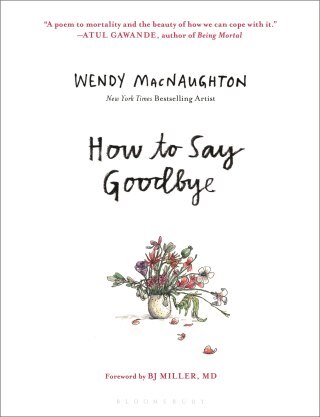
“Death is our friend precisely because it brings us into absolute and passionate presence with all that is here, that is natural, that is love,” Rilke wrote while ailing with leukemia. To comprehend the luckiness of death is to comprehend life itself. When a loved one is dying and we get to be by their side, it is a double luckiness — lucky that we got to have the love at all, and lucky, which is not everyone’s luck, t...
July 20, 2023
Make Yourself a Seer: The Teenage Arthur Rimbaud on How to Be a Poet and a Prophet of Possibility
“The poets (by which I mean all artists) are finally the only people who know the truth about us,” James Baldwin wrote a generation before Leonard Cohen declared poetry “the Constitution of the inner country.” Poets have always been the ones to see most deeply into the human soul, because they are the ones most unafr...
July 18, 2023
“Little Women” Author Louisa May Alcott on the Creative Rewards of Being Single
“Did she ever have a love affair? We never knew; yet how could a nature so imaginative, romantic and passionate escape it?” wondered Julian Hawthorne about his childhood friend Louisa May Alcott (November 29, 1832–March 6, 1888).
When the first part of Little Women was published in 1868 to a wildly enthusiastic reception and the fate of her heroine became the subject of public opinion, Louisa railed against the pressure for conformity to convention:
Publ...
July 15, 2023
The Wondrous Birds of the Himalayas and the Forgotten Victorian Woman Whose Illustrations Rewilded the Western Imagination
Elizabeth Gould (July 18, 1804–August 15, 1841) found working as a governess “miserably-wretched dull.” Artistically and musically gifted, boundlessly curious about the world, she had grown up painting and collecting specimens. Now in her early twenties, she felt life must have more to offer than the lonely occupation of looking after small children with whom one “cannot communicate a single thought or feeling.”
By twenty-four, Elizabeth had ...
July 13, 2023
Love’s Work: Philosopher Gillian Rose on the Value of Getting It Wrong
“There is hardly any activity, any enterprise, which is started with such tremendous hopes and expectations, and yet, which fails so regularly, as love,” the humanistic philosopher and psychologist Erich Fromm wrote in his classic on the art of loving. In some sense, no love ever fai...
July 11, 2023
Bunny & Tree: A Tender Wordless Parable of Friendship and the Improbable Saviors That Make Life Livable
We spend our lives yearning to be saved — from harm and heartache, from ourselves, from the inevitability of our oblivion. Religions have taught that a god saves us. Kierkegaard thought that we save ourselves. Baldwin believed that we save each other, if we are lucky. Ultimately, we don’t know, or only think we know, what saves us. But when it happens, we hold on to our saviors with the full force of gratitude and grace. In every true frie...
July 10, 2023
How to Be Animal: An Antidote to Our Self-Expatriation from Nature
“You only have to let the soft animal of your body love what it loves,” Mary Oliver wrote in one of her finest poems. And yet in an age when we have come to see ourselves as disembodied intellects channeled by machines, we seem to have forgotten that there is a soft animal of the body, that it purrs with agency in every as...

